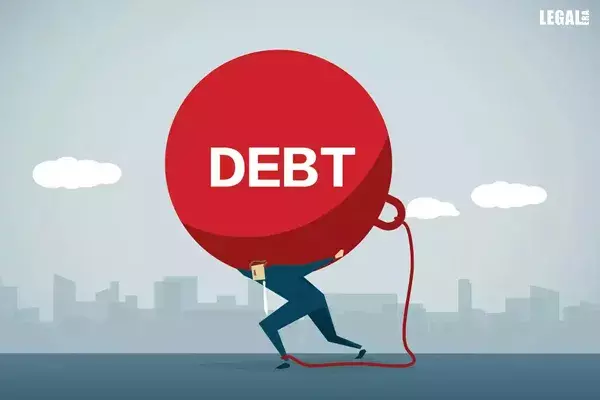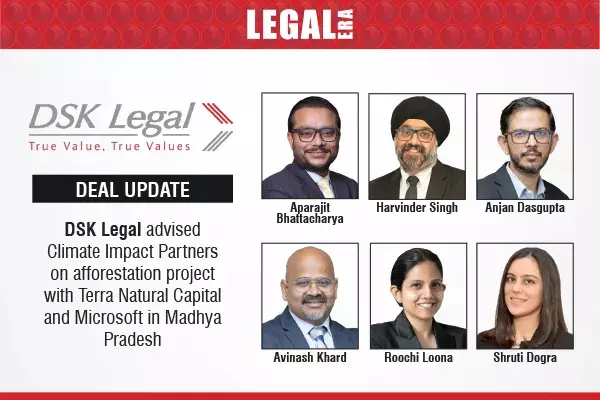NCLAT: Petition Under Section 9 of IBC Must Be Rejected If Genuine Pre-Existing Dispute Regarding Operational Debt Is Established
The NCLAT Mumbai bench ruled that petitions under Section 9 of the Insolvency and Bankruptcy Code (IBC) must be rejected if a genuine pre-existing dispute regarding operational debt is established, emphasizing the protection of personal guarantors' properties under the SARFAESI Act.;

NCLAT: Petition Under Section 9 of IBC Must Be Rejected If Genuine Pre-Existing Dispute Regarding Operational Debt Is Established
The NCLAT New Delhi bench, comprising Justice Yogesh Khanna (Judicial Member) and Ajai Das Mehrotra (Technical Member), upheld the dismissal of a petition under Section 9 of the Insolvency and Bankruptcy Code (IBC). The bench confirmed that a petition could be rejected if the dispute raised by the corporate debtor regarding the debt is genuine and not a mere attempt to avoid liability.
The appeal was filed by Law & Kenneth Saatchi & Saatchi Private Limited (the 'Operational Creditor' or 'OC') against an order passed by the NCLT on 30.05.2023, wherein the application under Section 9 of the IBC was dismissed. The Appellant had undertaken to provide services for the production of a television commercial (TVC), print shoot, and digital content for the respondent, Patanjali Paridhan Private Limited (the 'Corporate Debtor' or 'CD'), under the terms of a proforma invoice dated 17.10.2018.
As per Clause 26 of the invoice, the operational creditor was required to provide a No Objection Certificate (NOC). The operational creditor argued that no payment had been made by the corporate debtor, leading to the filing of the Section 9 application before the NCLT, which was dismissed. The appellant contended that the NOC was unnecessary since the writer/lyricist of the song in the TVC was an employee of the operational creditor. The debt had been acknowledged by the corporate debtor, and thus the application under Section 9 of the IBC should have been admitted.
In contrast, the respondent argued that Rule 70(3) of the Copyright Rules, 2013, required the original NOC from the author for copyright registration. They asserted that they had not used the TVC due to the absence of copyright and had thus incurred a loss of the advance paid to the operational creditor.
The NCLAT referred to the Supreme Court's judgment in Mobilox Innovation P Ltd. v. Kirusa Software Pvt. Ltd. (2018), which stated that an application under Section 9(5)(2)(d) must be rejected if a notice of dispute has been received by the operational creditor. The Court further emphasized that the adjudicating authority only needs to check if there is a plausible contention requiring further investigation and whether the dispute is genuine or without merit.
Applying this reasoning to the current case, the tribunal noted that the corporate debtor had consistently demanded the NOC from the operational creditor, which had failed to provide it. Clause 26 of the proforma invoice explicitly stated that the operational creditor would provide the necessary NOC or any other documents required for intellectual property registration. The tribunal concluded that the dispute was genuine, supported by evidence, and not a trivial or unsupported claim. Furthermore, the corporate debtor, despite paying a substantial advance, had not used the TVC due to the lack of copyright. The dispute regarding the NOC, which had arisen before the issuance of the Section 8 notice under the IBC, was classified as a "pre-existing dispute" and was therefore a valid ground for rejecting the application under Section 9.
As a result, the NCLAT upheld the NCLT’s decision to dismiss the application, and the appeal was dismissed.


